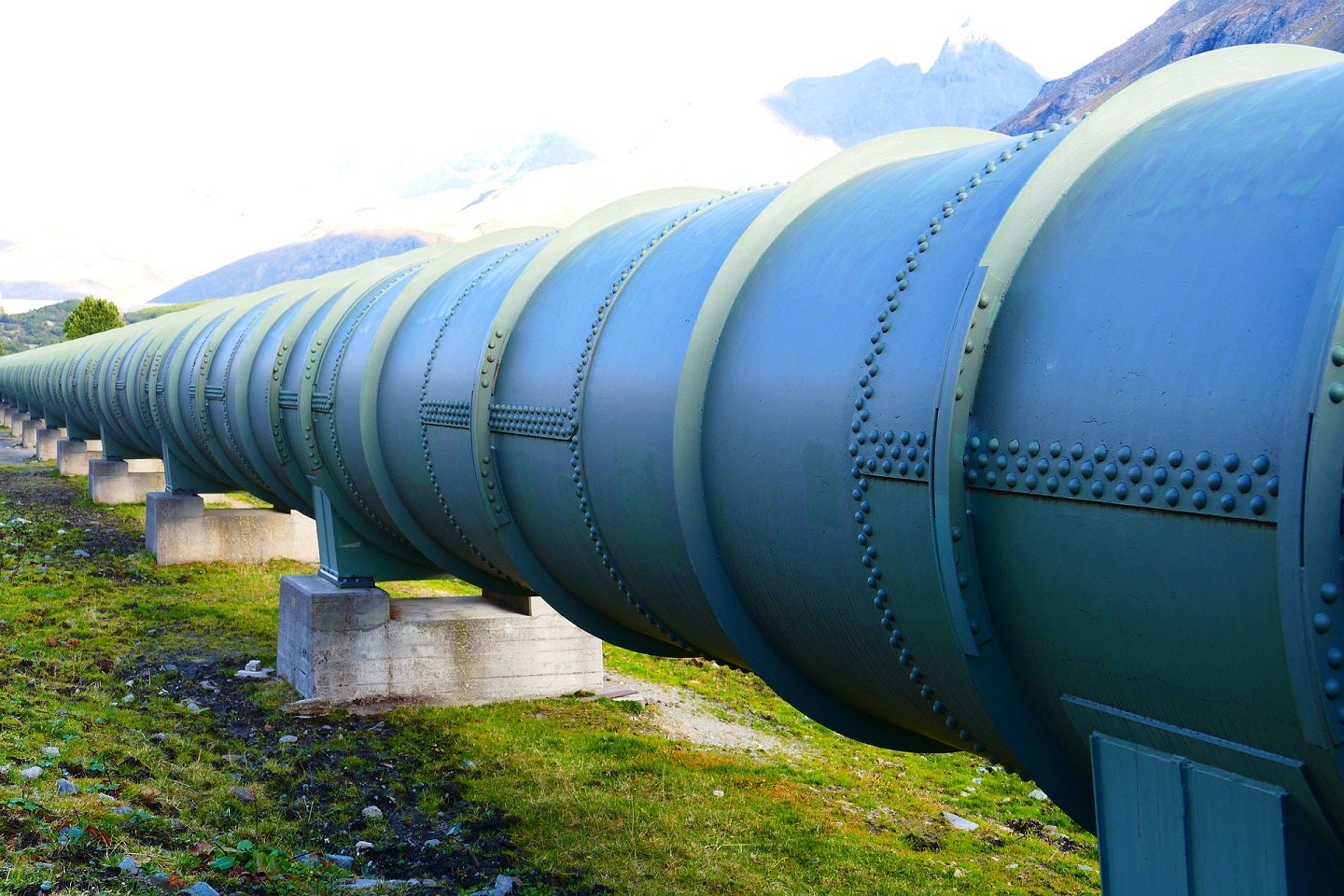
Trans Mountain Corp (TMC) has announced an additional delay to the expansion of its oil export pipeline in Canada.
The delay is due to technical issues that occurred during the Mountain 3 horizontal directional drilling (HDD) between 25 and 27 January 2024.
Canadian Government-owned Trans Mountain is now assessing the safest and most effective measures to minimise further delays, with a focus on commissioning the pipeline by the second quarter of 2024.
The pipeline expansion will carry additional oil sands petroleum to Canada’s Pacific Coast.
The project is essentially a twinning of the original Trans Mountain Pipeline, which was built in 1953 and remains operational.
The new 1,150km pipeline, which will run between Strathcona County (near Edmonton), Alberta, and Burnaby, British Columbia, will have a nominal capacity of approximately 300,000–890,000 barrels per day.
How well do you really know your competitors?
Access the most comprehensive Company Profiles on the market, powered by GlobalData. Save hours of research. Gain competitive edge.

Thank you!
Your download email will arrive shortly
Not ready to buy yet? Download a free sample
We are confident about the unique quality of our Company Profiles. However, we want you to make the most beneficial decision for your business, so we offer a free sample that you can download by submitting the below form
By GlobalDataIn September 2023, the Canada Energy Regulator (CER) approved the company’s request for route deviation of the Trans Mountain oil pipeline expansion project.
TMC said the new path avoids micro-tunnelling construction, which is not viable technically and economically.
The company proposed to install the pipeline via a different route using HDD and a traditional open trench technique.
Plagued by years of delays, the pipeline expansion project is expected to cost C$30.9bn ($22.97bn), more than four-times its initial budget.
Last year, media reports emerged that the Canadian Government could sell its stake in the Trans Mountain oil pipeline to indigenous groups.
Once operational, the project is expected to enhance Canada’s capacity to export crude oil to the west coast of the US and Asia.



